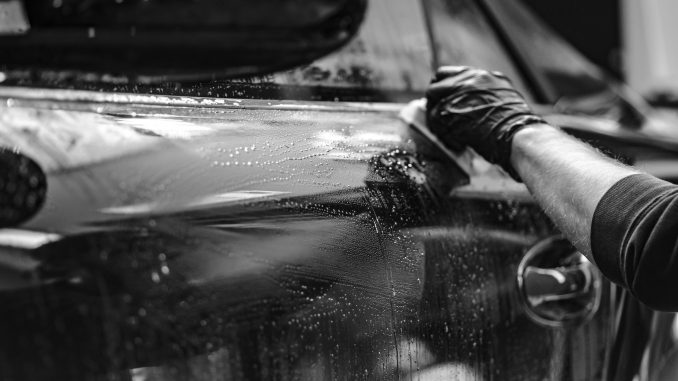
Are you new to car ownership? If that’s the case, you should know that you’ll need to maintain your vehicle to ensure it lasts. However, do you really understand what tasks must be done? Unfortunately, not everyone has this knowledge. If you’re lacking in this regard, don’t worry about it because you are not alone. Plus, you have this auto care guide to help. It contains tips designed to assist car owners with maintenance. Read on to learn more.

Prepare for Auto Repairs
If your vehicle’s manufacturer’s warranty has expired, that could leave you on the hook for expensive auto repairs soon. Of course, it never seems to fail that components tend to wait until safeguards lapse before they go out. Then, owners must pay for repair or replacement services out of pocket. That’s why you need to find and obtain the best extended car warranty on the market.
The initial investment will vary, depending on factors such as vehicle make and model, deductible amount, and which company you choose. Some consumers pay as little as $1,000 for guarantees. Meanwhile, others buy the policies for $4,000 or more. After the plan is bought and paid for, the policyholder will pay the deductible at the time service is needed for repairs. The warranty pays for replacement parts and fixes, providing that they have coverage.
Some car repairs are expensive. For example, research shows that an engine replacement for a luxury vehicle can cost as much as $7,500. Then again, there is also the option of having the motor rebuilt, but that is still pretty pricey in itself at around $4,000 or more. As you can see, that’s a lot of money to have to come up with when issues arise, which is often problematic. So, ensure financial challenges from repairs don’t enter the picture by obtaining a warranty.
Read the Owner’s Manual
Many people don’t realize that their owners’ manuals are chock full of useful information. Individuals can learn how to set the clocks on their radios within these pages. However, if something begins to act up, it is sometimes possible to locate fuses, sensors, and other parts in the book. In addition to all that data, there should also be maintenance information like when to change your oil and transmission fluid.
Check the Car Fluids
Cars use various types of fluids. For instance, oil runs through the engine to keep parts moving freely. Then, there is antifreeze in the coolant system to ensure components don’t overheat. Other liquids your vehicle probably has include:
- Brake fluid
- Power steering fluid
- Windshield washer fluid
- Transmission fluid
You’ll likely get different answers, depending on who you ask about how often to check your car’s fluids. However, according to many mechanics, owners should tackle this task once a month. They should see if fluid levels are low and replenish them if that is the case. Also, car owners will need to examine the fluids to determine they’re clean. If the liquids are discolored, dirty with debris, or smell off, they will need to be changed.
Don’t Forget to Replace the Wiper Blades
It is typically recommended that a vehicle’s wiper blades be changed twice per year. But you may have to replace them more often than that if they begin leaving streaks that impede your vision as well. This may not seem like a vital tip, but a driver might crash in the blink of an eye if he or she can’t see. If you wreck your car, there’s a good chance that it will get totaled. Then what good is it going to do for you? Thus, ensure sight isn’t hindered by changing your wiper blades as necessary, and hopefully, that will keep accidents at bay.
Brake Pad Replacement
When your vehicle’s brakes begin screeching and squealing, it could be time to replace its brake pads. Other signs of brake pad failure often include vibrations, grinding sounds, or the machine may take longer to stop. For that matter, the ride might pull to one side when slowing down, or the brake warning indicator light could illuminate. Of course, when this task should actually happen on your car can vary. That’s because brake pads tend to need to be changed every 25,000 to 75,000 miles. But, as a general rule of thumb, it is usually best to tackle this project at around 50,000 miles.
Failing is not an option because worn brake pads might cause you to get into an accident. Your car can get mangled and need auto body work if that happens. Then again, the motor, transmission, and different parts could get damaged and leave your vehicle inoperable.
Closing Thoughts
Vehicle upkeep can be quite challenging. However, it is necessary if you want your car to remain in tip-top shape and running great. But you can also make the situation easier on yourself. All you have to do is learn as much as possible about auto care. That will allow you to maintain your ride correctly and hopefully prevent some breakdowns. So, don’t delay. Add these suggestions to your routine today and begin taking care of your vehicle the right way.